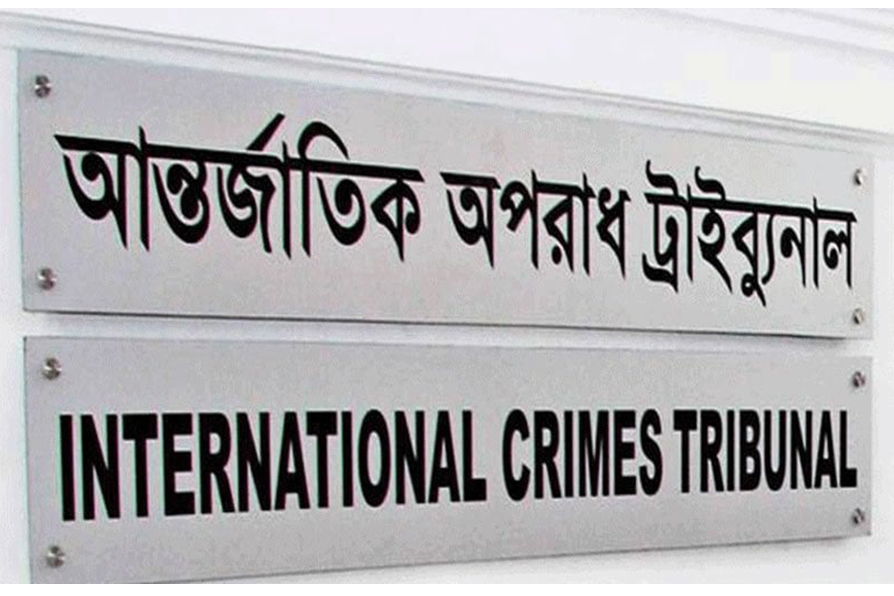

The interim government has issued an ordinance amending the International Crimes (Tribunals) Act, granting greater independence to the tribunal in recording testimony and expanding the authority of investigation officers in conducting searches and seizing evidence.
The amendment comes amid the ongoing trials of genocide charges stemming from the July uprising.
The Advisory Council of the interim government approved the proposal to amend the law on November 20, 2024.
With Parliament not in session, President Mohammed Shahabuddin issued the ordinance, which was formally announced in a notification on Monday, bdnews24.com reports.
The government notification stated that amendments have been made to sections 4, 8, 9, 11, 12, and 19 of the International Crimes (Tribunal) (Amendment) Ordinance 2025, which will take effect immediately.
Additionally, Section 1 has been revised to classify aggression as a crime against peace, expanding the scope of offences under the law.
A revision to Section 8(3A) removes the requirement for investigation officers to seek the tribunal’s approval before conducting searches and seizing evidence, granting them broader authority in gathering material for prosecution.
Another amendment to Section 9(3) shortens the deadline for submitting witness lists to the tribunal, reducing the timeframe from six weeks to three before the start of a trial.
A newly added provision to Section 11 grants the tribunal the authority to freeze or seize the assets of an accused and, if deemed necessary, confiscate them as compensation in the interest of justice.
Meanwhile, an amendment to Section 12(3) expands confidentiality protections, now classifying complaints alongside case reports and other tribunal records as confidential.
A new provision in Section 19 exempts the tribunal from strict adherence to technical rules of evidence, allowing it to adopt expedited and non-technical procedures.


 For all latest news, follow The Financial Express Google News channel.
For all latest news, follow The Financial Express Google News channel.